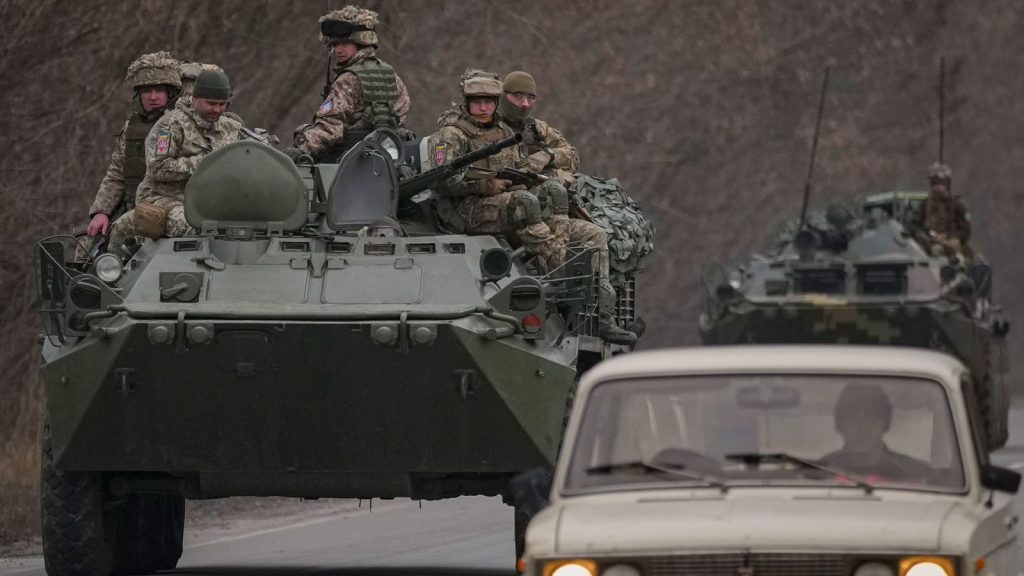Lukes & Schilde Interviewed on the Future of Russia & Ukraine After a Year of War

Igor Lukes, Professor of International Relations and History at Boston University’s Frederick S. Pardee School of Global Studies, and Kaija Schilde – Jean Monnet Chair in European Security and Defense, Pardee School Associate Professor of International Relations, and Director of the BU Center for the Study of Europe – were interviewed by BU Today on the ongoing Russia–Ukraine war and the impact of the conflict’s continuation.
February 24, 2023, marks the one-year anniversary of Russia’s invasion of Ukraine, and there appears to be no end in sight. The war’s impact around the world continues to be staggering and recent events show they might soon worsen. BU Today posed two key questions to the Pardee school scholars: if peace talks are not being considered, how long can this fighting go on, realistically? And what will the world look like when it’s over?

While neither Lukes nor Schilde was particularly surprised by Russia’s invasion of Ukraine nearly a year ago, the damage it has caused and its impacts on the rest of the world are undeniable. In discussing the future of Ukraine, Schilde seemed cautiously optimistic. While there is no movement toward making Ukraine a member of the European Union (EU), there is a far greater embeddedness, which is very meaningful according to her. As she predicted, “Ukraine will become powerful as a tech leader, a knowledge leader, an economic power, and it will become too big to fail, even though it will still be Russia’s neighbor…I don’t want to be overly optimistic. There has been huge infrastructure damage. But I just don’t see a break from the embeddedness it’s already achieved.”

Both Lukes and Schilde argue that the Russian state is in a troubled state; however, Lukes thinks Russia could become a “more normal actor in the world” if not for President Vladimir Putin. As he puts it, he is the architect of this conflict who has threatened to escalate it further as the United States and other western allies encroach further. In discussing the prospect of peace, he states, “as long as Putin is at the top of the pyramid of Russian power, I don’t see a plausible, viable solution that would be acceptable to him and the Ukrainians and their western allies.”
The full interview can be read on BU Today‘s website.
Igor Lukes is a past winner of the 1997 Metcalf Award for Excellence in Teaching and the 2020 winner of the Gitner Prize for Faculty Excellence at the Pardee School. He writes primarily about Central Europe. His work has won the support of various other institutions, including Fulbright, Fulbright-Hays, the Woodrow Wilson Center, IREX, and the National Endowment for the Humanities. Read more about Professor Lukes on his faculty profile.
Kaija Schilde’s research and teaching focus on the political economy of security, with a particular emphasis on defense industry politics and the political development of the European Union. As the Jean Monnet Chair in European Security and Defense, Schilde furthers the Pardee School’s agenda of preparing students to meet the international challenges of the 21st century through a rigorous and sustained presentation of the EU as a global power with responsibilities over European security, international order, and global security. Learn more about Professor Schilde on her faculty profile.